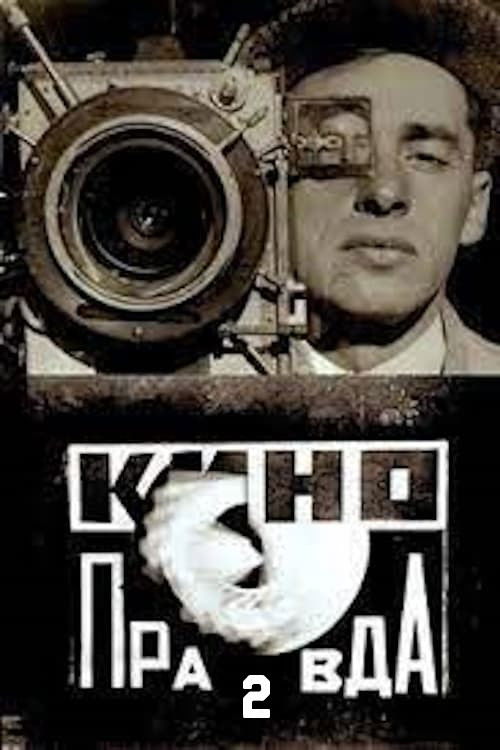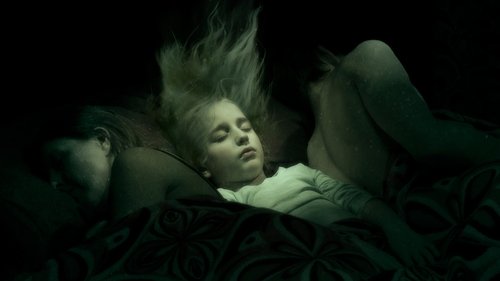Informações
Sinopse:
Duração: 00h11m
Data de lançamento: 12 de junho de 1922
Genêros: Documentário.
Elenco:
(12 votos)
?
?

Sinopse:
Duração: 00h11m
Data de lançamento: 12 de junho de 1922
Genêros: Documentário.
Elenco:

Everything is different but nothing has changed. A trip through a sunken maze of memories and dreams.

Gianni Morandi tells the story behind the scenes of the Ariston Theater, revealing the great work and the most secret and unpublished emotions of the Sanremo Festival.

In outback Australia, a feral camel is fitted with a tracking device known as a Judas Collar, that brings with it destruction.

Russia, early 1990s. Amid post-Soviet chaos, a brilliant young man, Vadim Baranov, charts his path. First an artist, then a reality TV producer, he becomes the spin doctor to a rising KGB agent: Vladimir Putin. At the heart of power, Baranov shapes the new Russia, blurring the boundaries between truth and lies, belief and manipulation. Only the magnetic Ksenia is beyond his control, tempting him away from this dangerous game. Years later, after retreating into silence and shrouded in mystery, Baranov finally opens up, revealing the dark secrets of the regime he helped build.

WW2 story about group of prisoners who are trying to escape the death camp, run by local pro-Nazi militia.

American architect Cesar Pelli and his team use innovative technology to overcome obstacles and build the Petronas Towers in Kuala Lumpur, Malaysia.

A 2020 English-French language comedy film directed by Marco Carmel, starring Angel Bonanni, Moris Cohen and Nelly Tagar.